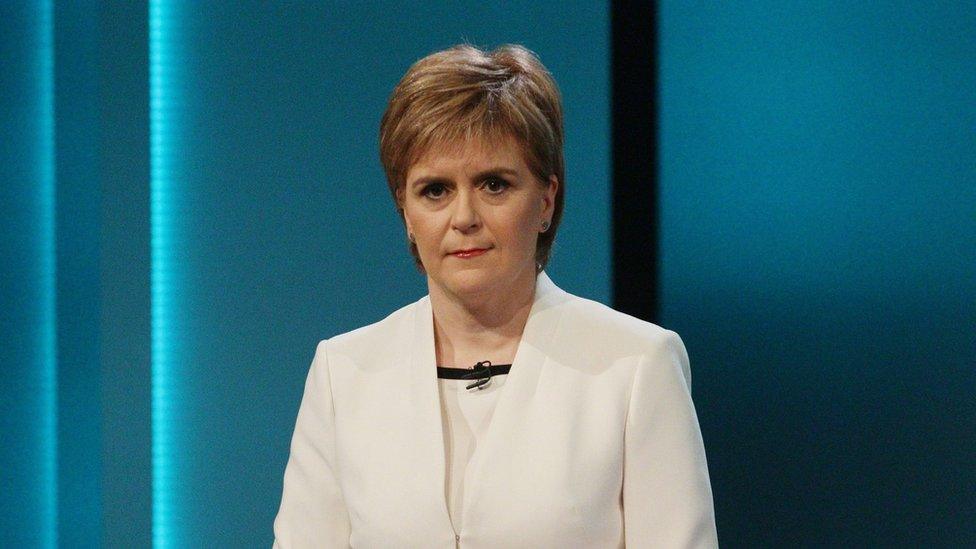EU referendum: Vote Leave sets out post-Brexit plans
- Published
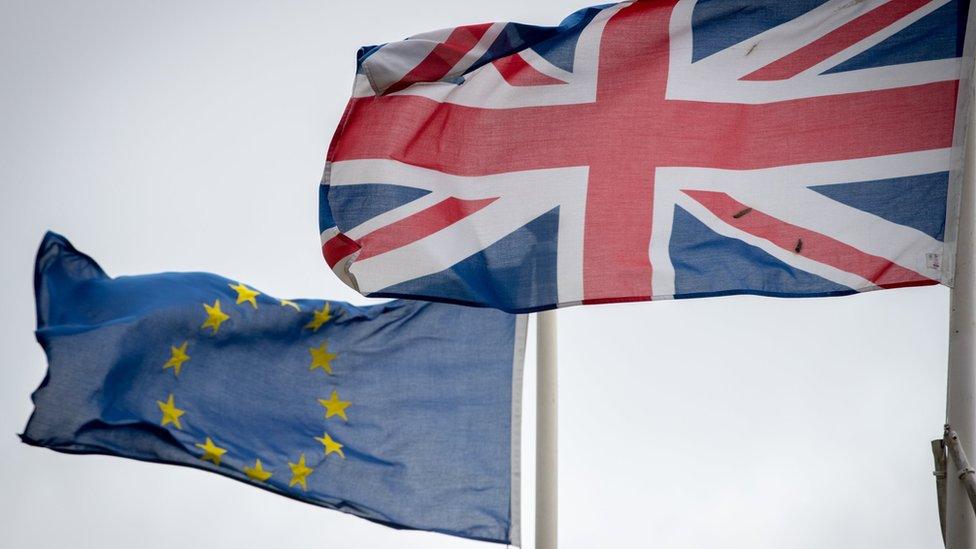
Leave campaigners have set out a "roadmap" for the UK to "take back control" if it votes to leave the EU.
Parliament should act to end free movement and curb the power of EU courts, Vote Leave said.
The government has warned of a "decade of uncertainty" as the UK attempts to disentangle itself from Brussels and form new trade deals.
But Vote Leave said a new settlement - including a UK-EU free trade deal - would be possible by May 2020.
The UK votes on whether to remain in the EU or to leave on 23 June.
In other referendum news:
George Osborne and Lord Darling warned of emergency spending cuts and tax rises if the UK votes to leave the EU
But 57 Conservative MPs say they would block the plans and Mr Osborne's position would be "untenable"
Theresa May said the government should "should look at further reform" of free movement of people, if the UK stays in the EU
The CBI said business groups from countries including Norway, Switzerland and Canada had outlined the "serious shortcomings" in their alternative relationships with the EU
Former Health Secretary Stephen Dorrell will say a vote to leave would undermine the NHS's finances
Scotland's First Minister Nicola Sturgeon has warned that the UK voting to leave the European Union could present the risk of a "right-wing Tory takeover".
A pro-Brexit flotilla, organising by the Fishing for Leave group, sailed up the Thames
Follow all the latest developments with BBC EU Referendum Live.
BBC assistant political editor Norman Smith said the Leave campaign's roadmap was an "effort to quash claims Brexit would lead to a leap in the dark".
But the Remain side have pointed out that Leave campaigners are not in power - "even though they're beginning to sound increasingly like an alternative Brexit government in waiting", says our correspondent.
'Immediate action'
Vote Leave said the government should invite figures from other parties, business, the law and civil society to join the negotiating team to "get a good deal in the national interest".
It called for immediate legislation in the current session of Parliament to "end the European Court of Justice's control over national security and allow the government to deport criminals from the EU".
"After we vote Leave, the public need to see that there is immediate action to take back control from the EU," Leave campaigner and Leader of the Commons Chris Grayling said.
"We will need a carefully managed negotiation process and some major legislative changes before 2020, including taking real steps to limit immigration, to abolish VAT on fuel and tampons, and to end the situation where an international court can tell us who we can and cannot deport."
Vote Leave said over subsequent sessions of Parliament it wanted to introduce:
Finance Bill - This would abolish the 5% rate of VAT on household energy bills by amending the Value Added Tax Act 1994. It would be paid for by savings from the UK's contributions to the EU budget, Vote Leave said
National Health Service (Funding Target) Bill - The NHS would receive a £100m per week real-terms cash "transfusion", to be paid for by savings from leaving the EU
Asylum and Immigration Control Bill - "To end the automatic right of all EU citizens to enter the UK"
Free Trade Bill - The UK leaves the EU's "common commercial policy" to "restore the UK government's power to control its own trade policy"
European Communities Act 1972 (Repeal) Bill - The European Communities Act 1972, "the legal basis for the supremacy of EU law in the UK", will be repealed. "The EU Treaties will cease to form part of UK law and the European Court's jurisdiction over the UK will end," said Vote Leave.
BBC Reality Check: If the UK votes to leave, what happens next?
Conservative MP Steve Baker said the blueprint was a "legal framework" for how the UK would proceed after Brexit, insisting that it would continue to trade with the rest of Europe "absolutely fine" over the four year period of negotiations and afterwards.
"The reality is that we will continue to trade," he told Radio 4's Today. "It is worth remembering you can go into a shop and buy all sorts of products made in China, with whom we have no trade deal. We do more services business with the US, with whom we have no trade deal."
Speaking on LBC, Leave campaigner Iain Duncan Smith said the government would set out "red lines" for its negotiations with other members of the EU, and that there would be "no deal on the table if we don't keep control of our borders".
But Chancellor George Osborne said the UK would be left with "no economic plan" if it voted to leave the EU, requiring drastic measures such as tax rises and spending cuts to stabilise the public finances.
And a spokesman for Britain Stronger in Europe said: "The Leave campaign do not have a credible plan for Britain's future - all they offer is a leap in the dark that will put our economy at risk."
He said leaving the EU would mean "years of uncertainty that will risk jobs, risk investment and lead to higher prices in the shops".
- Published15 June 2016
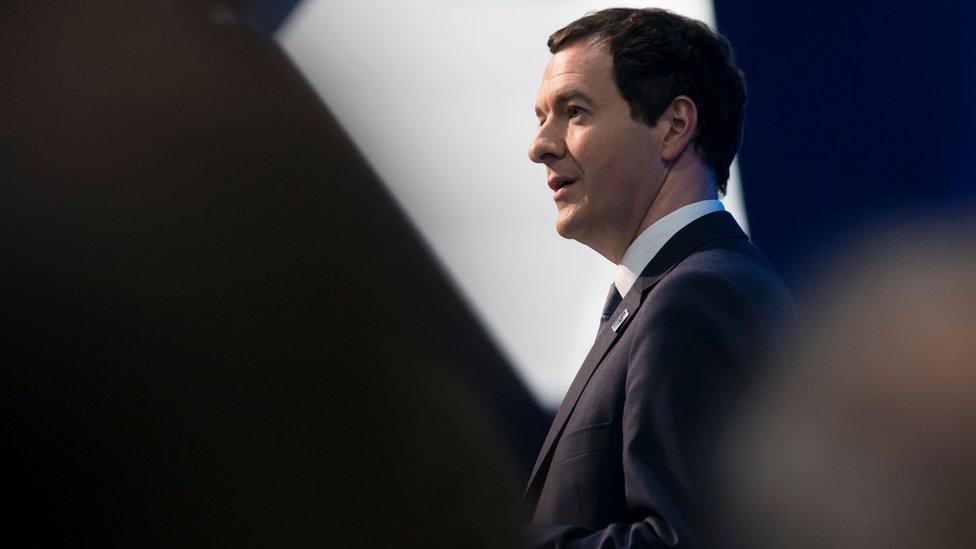
- Published15 June 2016
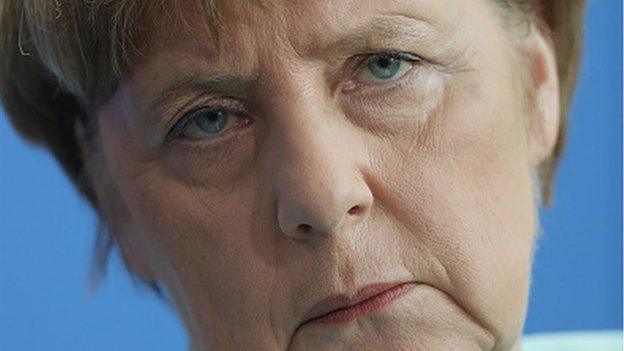
- Published15 June 2016
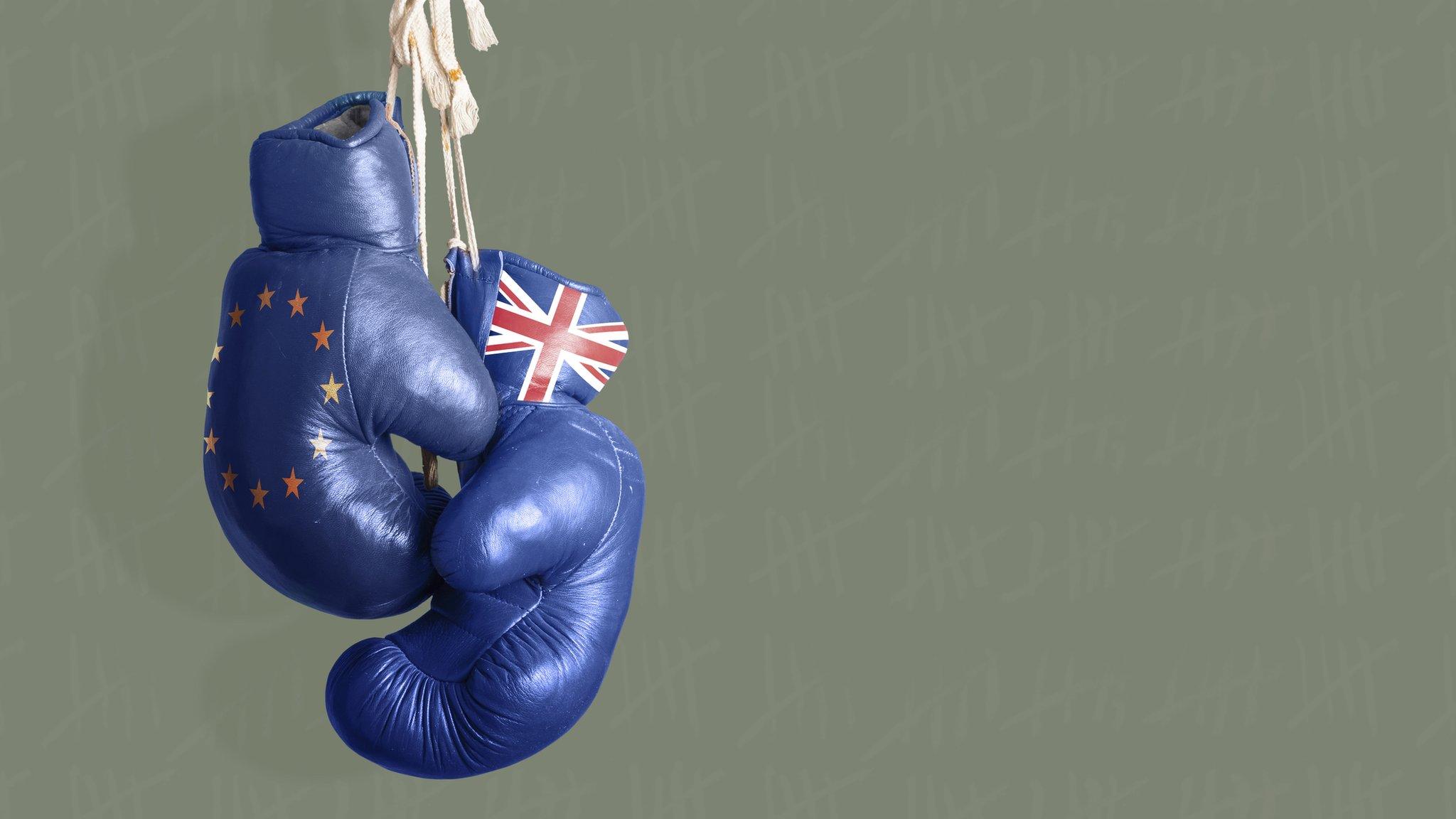
- Published15 June 2016
